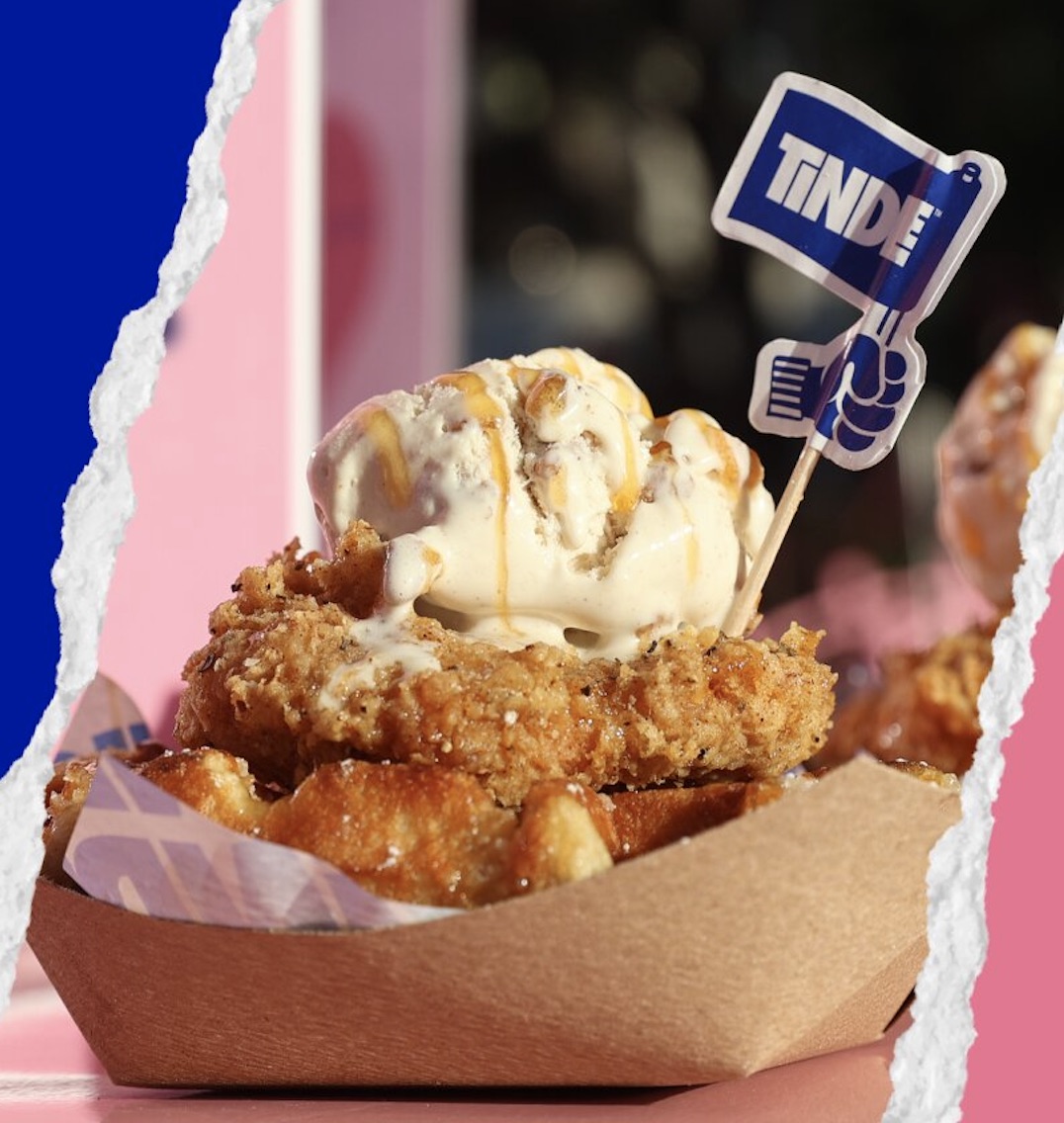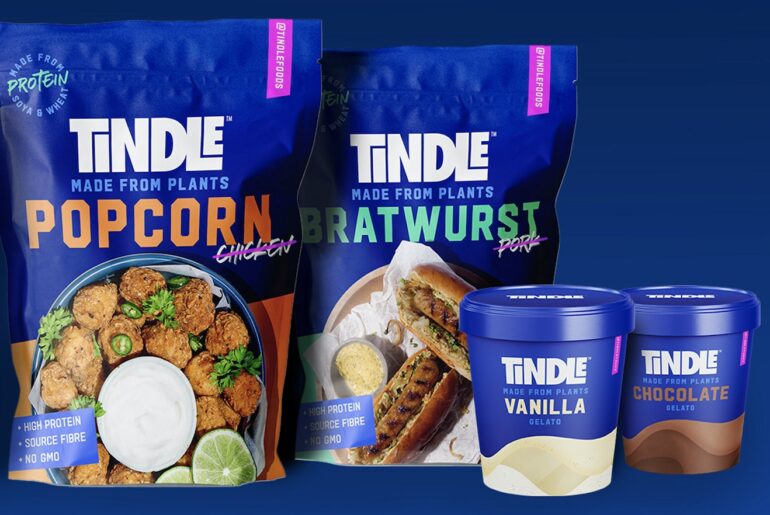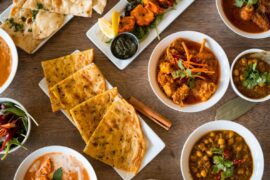Tindle, formerly known as Next Gen Foods, has entered into new categories including ice cream, milk and additional plant-based imitation meat offerings. The expanded platform will serve the development, production and sales of the Singapore-headquartered company’s existing line of faux chicken items.
Led by Chief Technology Officer John Seegers, the Tindle team’s depth of experience in the plant protein and product development sectors will be instrumental in creating a more diverse and assorted product range across all dayparts.
Later this year, the company plans to introduce its first range of plant-based sausages, including alternative Bratwurst, Italian and savory breakfast sausages. Additionally, increased efficiencies from the recent acquisition of dairy startup Mwah!, including expanded R&D capabilities and expertise in dairy product development, will result in further development of its collection of gelatos. A limited launch of its signature Madagascan Vanilla Gelato took place in London eateries this past spring.

The brand relaunch from Next Gen Foods to Tindle is more than a new look for packaging, according to Borna Bayat, vice president of brand and creative.
“It’s a visual manifestation of our commitment to creating a sustainable and delicious future,” he said. “It’s about using design as a tool to communicate our mission, engage our consumers, and ultimately, contribute to a food system that future generations can rely on.”
Tindle Foods was founded by Andre Menezes and Timo Recker, two veterans of both the meat and plant-based food industries, with a mission to reduce reliance on animal agriculture. The Tindle brand name is a modern reference to 19th-century Irish physicist John Tyndall, who in showing that gases including carbon dioxide and water vapor can absorb heat identified the connection between atmospheric CO2 and the greenhouse effect.
To date, Tindle Foods has raised approximately $130 million in funding from investors. Centered on bringing its flagship plant-based chicken to market, in two years its distribution has expanded from a handful of restaurants in Singapore to over thousands of restaurants and grocery stores worldwide, including Morrisons in the United Kingdom and the EDEKA Group in Germany.





